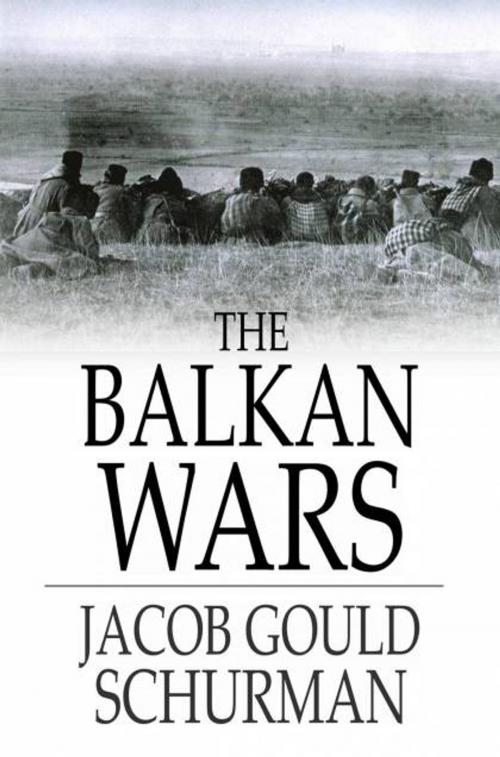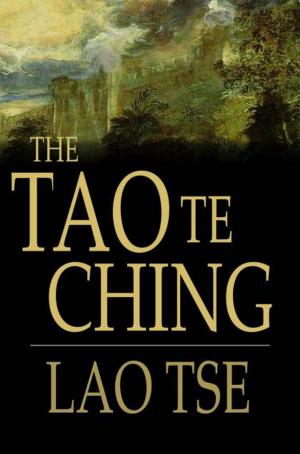| Author: | Jacob Gould Schurman | ISBN: | 9781775411666 |
| Publisher: | The Floating Press | Publication: | January 1, 2009 |
| Imprint: | The Floating Press | Language: | English |
| Author: | Jacob Gould Schurman |
| ISBN: | 9781775411666 |
| Publisher: | The Floating Press |
| Publication: | January 1, 2009 |
| Imprint: | The Floating Press |
| Language: | English |
For many countries in Europe, the early twentieth century was a maelstrom of conflict, as age-old alliances and feuds shifted and realigned in response to modernity, imperialism, colonialism, and myriad other variables. In this wide-ranging analysis of the Balkan Wars that erupted in 1912 and 1913 when Bulgaria, Greece, Serbia, and Montenegro mounted a joint attack against the Ottoman Empire, historian Jacob Gould Schurman assesses the aftermath and implications, including the conflict's impact on the stirrings of turmoil that would later lead to the First World War.
For many countries in Europe, the early twentieth century was a maelstrom of conflict, as age-old alliances and feuds shifted and realigned in response to modernity, imperialism, colonialism, and myriad other variables. In this wide-ranging analysis of the Balkan Wars that erupted in 1912 and 1913 when Bulgaria, Greece, Serbia, and Montenegro mounted a joint attack against the Ottoman Empire, historian Jacob Gould Schurman assesses the aftermath and implications, including the conflict's impact on the stirrings of turmoil that would later lead to the First World War.















